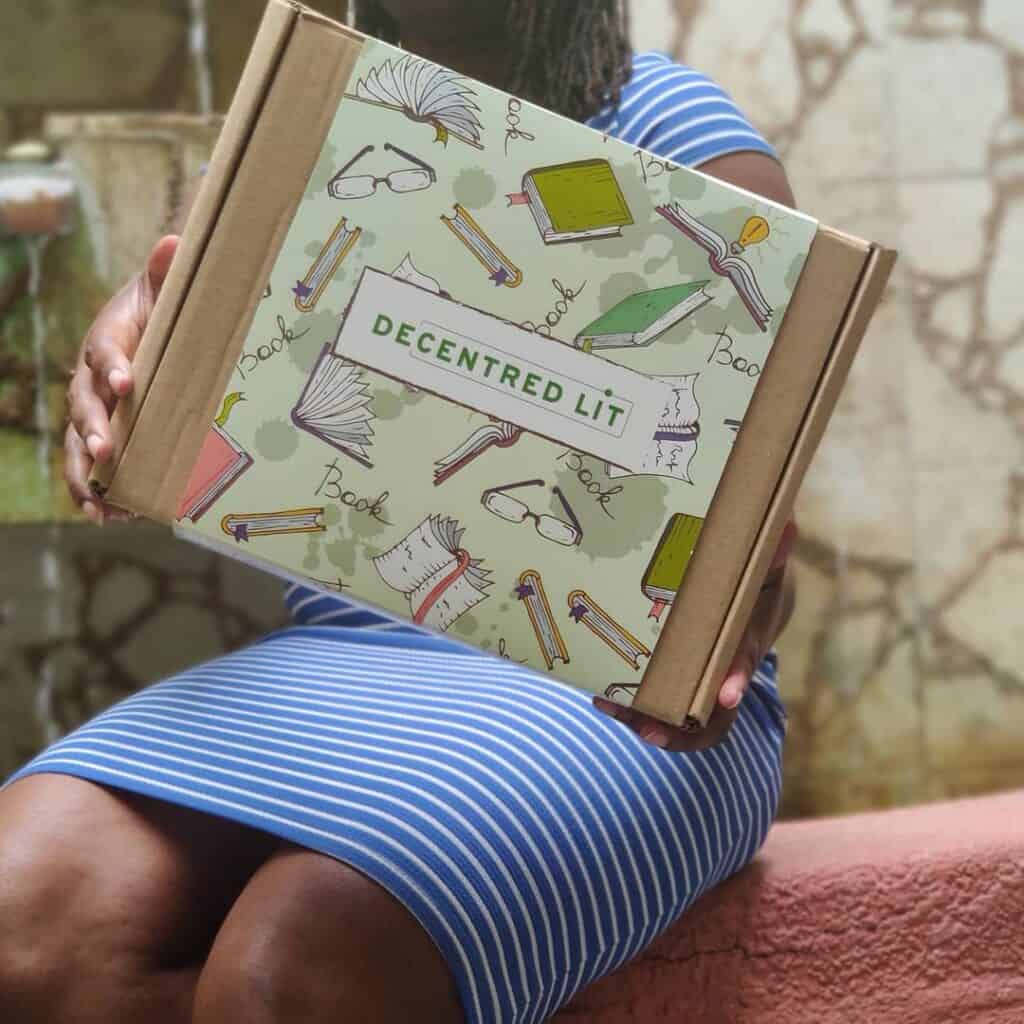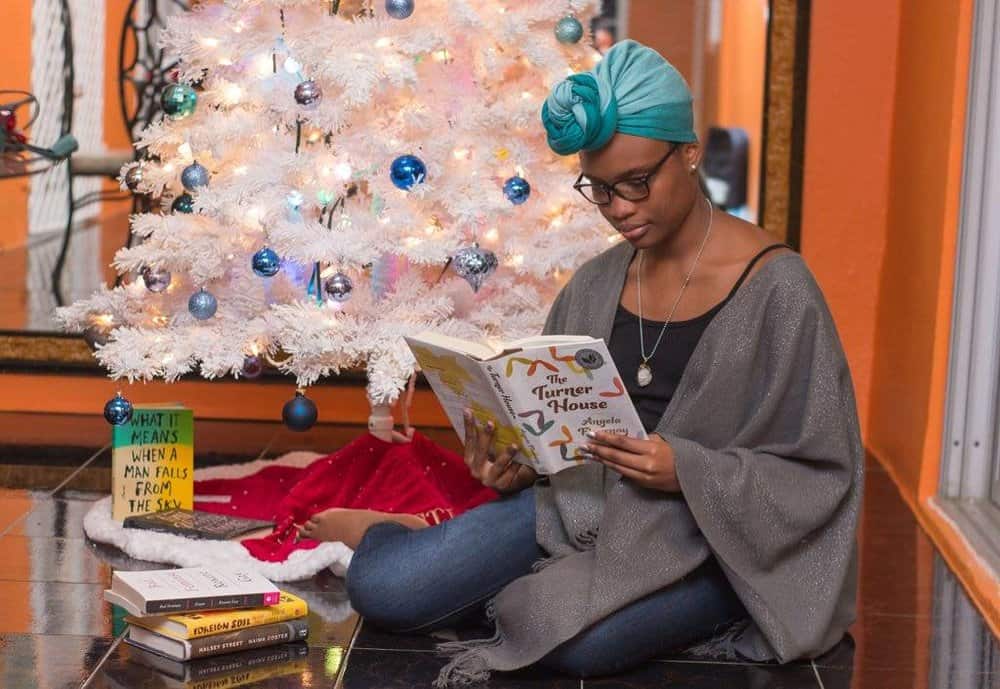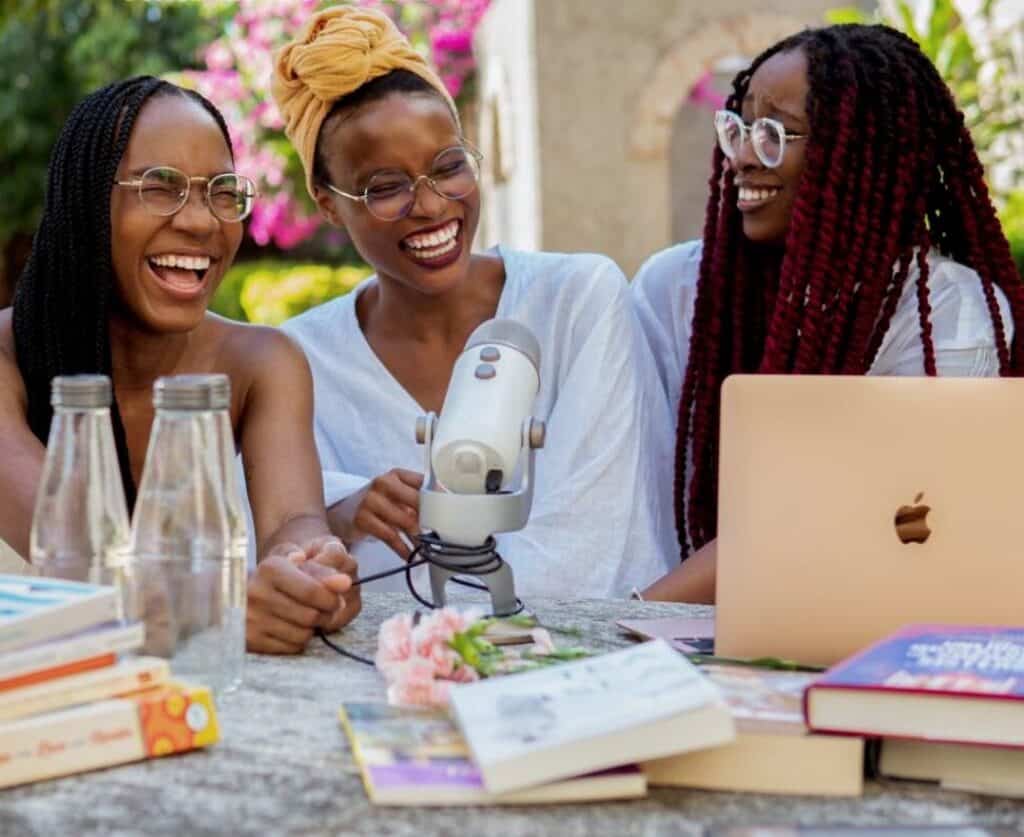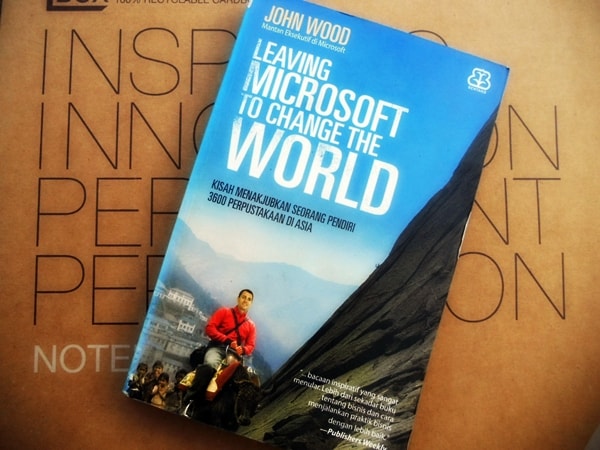It’s often said that Jamaicans don’t read, an aphorism that doesn’t quite prove to be true when you dig a little deeper. Print may be a dying industry, but our newspapers still sell (in particular the daily tabloid, The Star) and you best believe almost every household has at least one Bible.
Solution Space decided to chat with Decentred Lit’s Kaymara Barrett and Rebel Women Lit’s Jherane Patmore, both lifelong readers who can’t remember a time when books weren’t part of their lives. These two small bookish businesses are reading the revolution and creating the change they wish to see in the world.
Kaymara Barrett (KB) of Decentred Lit (DCL) started the quarterly Caribbean subscription after finding accessibility and affordability a challenge for regional readers.

KB: I always (jokingly) say that ‘readers deserve nice things.’ For me, these nice things include access to recent titles and stories about our experiences as diasporic people. I wanted to focus on new(er) releases since these were the stories I found myself buying online. I wanted to make that process easier for readers. E-readers and audiobooks are great but there is something inherently freeing in knowing this is your preferred method vs the only one you have because the system fails to acknowledge (and meet) your needs.
I also wanted to do it for the authors. A lot of the books we choose don’t often get the special edition/book box treatment, and I felt that it would be a great way to honour authors who share their gifts with us. We also tend to pass on a lot of the extra or advanced copies that we receive from publishers. It’s less about the money and more about sharing great stories.
We largely focus on curated (or themed) book boxes but we also stock a number of “bookish items” including special editions, totes and bookmarks. Our vision is to get to a stage where bibliophiles across the Caribbean can have all the bookish swag they need. And as it relates to affordability, our packages are priced to allow readers to access physical books at a competitive price point.
Rebel Women Lit (RWL) got its start when Jherane Patmore (JP) decided to host a small birthday book club lyme to discuss Audre Lorde’s I Am Your Sister. Since then, it’s grown from strength to strength as friends and friends of friends joined in, naturally evolving to become the public book club and literary community it is today.

JP: We now have an online bookstore, a podcast (Like A Real Book Club), a free community library, an award show, a poetry festival and lots of literary events. Our bookstore has a variety of books we know our community would love, and we also try to partner with other local businesses every month for our Novel Tea subscription, in that subscription we feature a novel we think hasn’t received a lot of mainstream attention, and we work with a local tea artisan to create a blend just for that book. We also celebrate literature at our open book club, our free library, and meet-the-author events.
That said, these women are all about dismantling the status quo when it comes to literature. No longer is it about the Jane Austens and Jane Eyres and the male writers deemed as “classic”, or even about what’s topping the global best seller lists. It’s about providing a platform for marginalised voices to be heard, whether that’s someone who’s Caribbean, Black, Indigenous, disabled, person of colour, LGBTQ, or otherwise – they are showcasing the kind of work that would often be ignored by the bigger publishing houses and making them accessible to an audience looking to see themselves represented in canon.
In a world collectively impacted by Covid-19, new challenges emerged and businesses have had to pivot and find new ways of doing things. For the subscription based Decentred Lit, it meant adjusting to a slower pace, while Rebel Women Lit was able to grow their online community after the pandemic put a stop to in-person gatherings.
KB: Everything moves so much slower. We’ve had to handle a lot of delays and backorders. It has taught me to slow down and accept that some things are outside of our control. The good thing is that I’m good at planning so where possible I’ve stayed on an even keel.
JP: A lot of challenges have come up, in 2019 we started our Montego-Bay and Mandeville book club (we were online and in Kingston before) and we had big plans of going international with a London book club in 2020. We also wanted to do a lot more intimate, public events that focused on storytelling in performance and film, and have Literary road trips across Jamaica. All of this had to be scratched with the restrictions, but it forced me to focus on growing our social media and online presence in a strategic way.
We innovated a lot during COVID, from the online festival to creating the Caribbean Readers’ Awards. I don’t think we would’ve had the courage to do a lot of these things if COVID hadn’t leveled the playing field of literature organising and allowed us newbies to take up space online.

The global publishing industry is one monolith that both businesses are set on tackling head on. Already, they’re actively working to highlight authors that are often ignored by the major publishing houses.
KB: DCL focuses on those that have been historically ostracised by the publishing machinery. In order to engage with our brand, publishers have to divert resources into engaging with these works. A lot of them aren’t invested in that. We’ve survived because we are stubborn and relentless in our mission.
JP: My real challenge comes from logistics of getting books into Jamaica, especially from international publishers who’ve bought the licensing rights to Jamaica but don’t have a clue about selling books to Jamaica. My big long term dream is for us to get into publishing but in a way that 100% allows the whole production to remain here in Jamaica and incorporate new technologies.
Playing by the People, Planet, Profit model, these companies aren’t just about making money. Aside from tackling the issue of decentring publishing (as Kaymara so eloquently put it) through their businesses they’re also working to make the world a better place. It’s not just about providing a book, but about creating and curating a wholistic experience. From concept to completion, from picking partners to reducing refuse, both businesses thoughtfully select, work with and empower partners who align with the company values.
KB: Environmental Conservatism is a keep component of how we package our items. All our boxes and void fill are made from 100% recycled material and are compostable. Our subscriptions also include an exclusively designed totebag which encourages the community to reduce the use of single waste plastic bags. More broadly, our CSR focuses on creating space for marginalised authors within a dichotomised system which fails to give them the platform and support afforded to their white, able-bodied peers.

JP: We started donating books to Mary’s Child Home because we really believe in their mission of non-judgemental care for teenage mothers and wanted to provide the moms there with leisure books.
After the first time we did it, we wanted to check in to see which books the girls liked, which books were popular and which of the books were never removed from the library. That helped us inform what kind of books we should keep donating. COVID-19 really messed up a lot of our plans with this project because they’re not accepting any visitors at the moment so we weren’t able to do our journal and poetry writing workshops, or even talk to the moms as much as we hoped. I’d like for us to keep growing our relationship with the home and focus on making an impact there with as many moms as we can through storytelling.
Now, if you’re looking to diversify you’re reading, then here’s a good place to start. Check out Decentred Lit and Rebel Women Lit at the details below:
Decentred Lit
Website: decentredlit.com
Instagram: @decentred_lit_ja
Rebel Women Lit
Website: rebelwomenlit.com
Instagram: @rebelwomenlit

